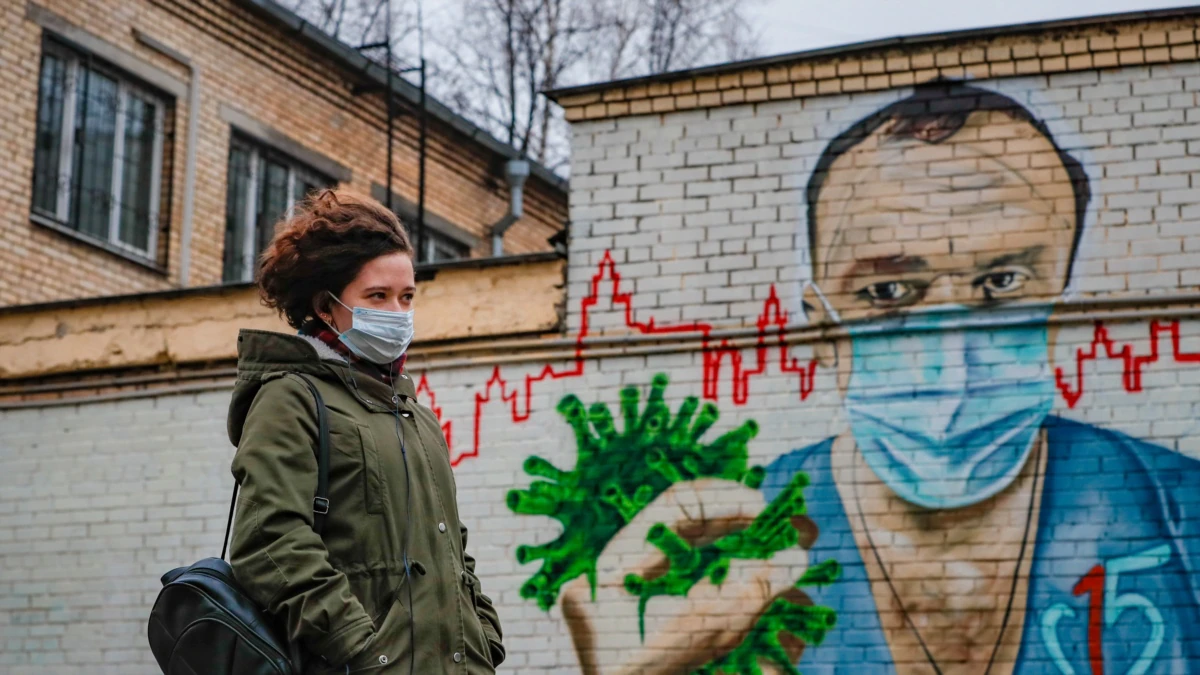
The Russian medical professional organization Alliance of Doctors will appeal a decision by the Justice Ministry to put it on “foreign agent” list, as the nongovernmental group vows to continue operations.
The trade union will legally challenge the controversial label and does not plan to shut down, Alliance of Doctors press secretary Alexandra Zakharova told the website Open Media on March 9.
“No liquidation. We continue to work,” she said.
The Justice Ministry on March 3 added the Alliance of Doctors to a growing list of organizations fulfilling the functions of a “foreign agent.”
It claimed the NGO was engaged in political activity and had received funding from citizens of eight countries: Singapore, Finland, Germany, Great Britain, Czech Republic, Norway, Belarus, and Ukraine.
In comments to Open Media, Zakharova said that the organization is funded by membership fees from Russian doctors and on donations from Russian citizens who want to support the medical field.
The Alliance of Doctors is headed by ophthalmologist Anastasia Vasilyeva, who has treated opposition leader Aleksei Navalny in the past. Vasilyeva was detained by police for several days in January as part of a sweep by authorities on the eve of unsanctioned mass rallies against the Kremlin critic’s arrest.
The organization, founded in 2018, fights for fair wages and working conditions for medical professionals. During the coronavirus pandemic, the union has been critical of the government’s response to the crisis and mobilized to supply medical workers with masks and other protective equipment.
Russia’s so-called foreign agent legislation was adopted in 2012 and has been modified repeatedly. It requires nongovernmental organizations that receive foreign assistance and that the government deems to be engaged in political activity to be registered, to identify themselves as “foreign agents,” and to submit to audits.
Later modifications of the law targeted foreign-funded media, including RFE/RL’s Russian Service, six other RFE/RL Russian-language news services, and Current Time.
Human Rights Watch has described the foreign agent legislation as “restrictive” and intended “to demonize independent groups.”